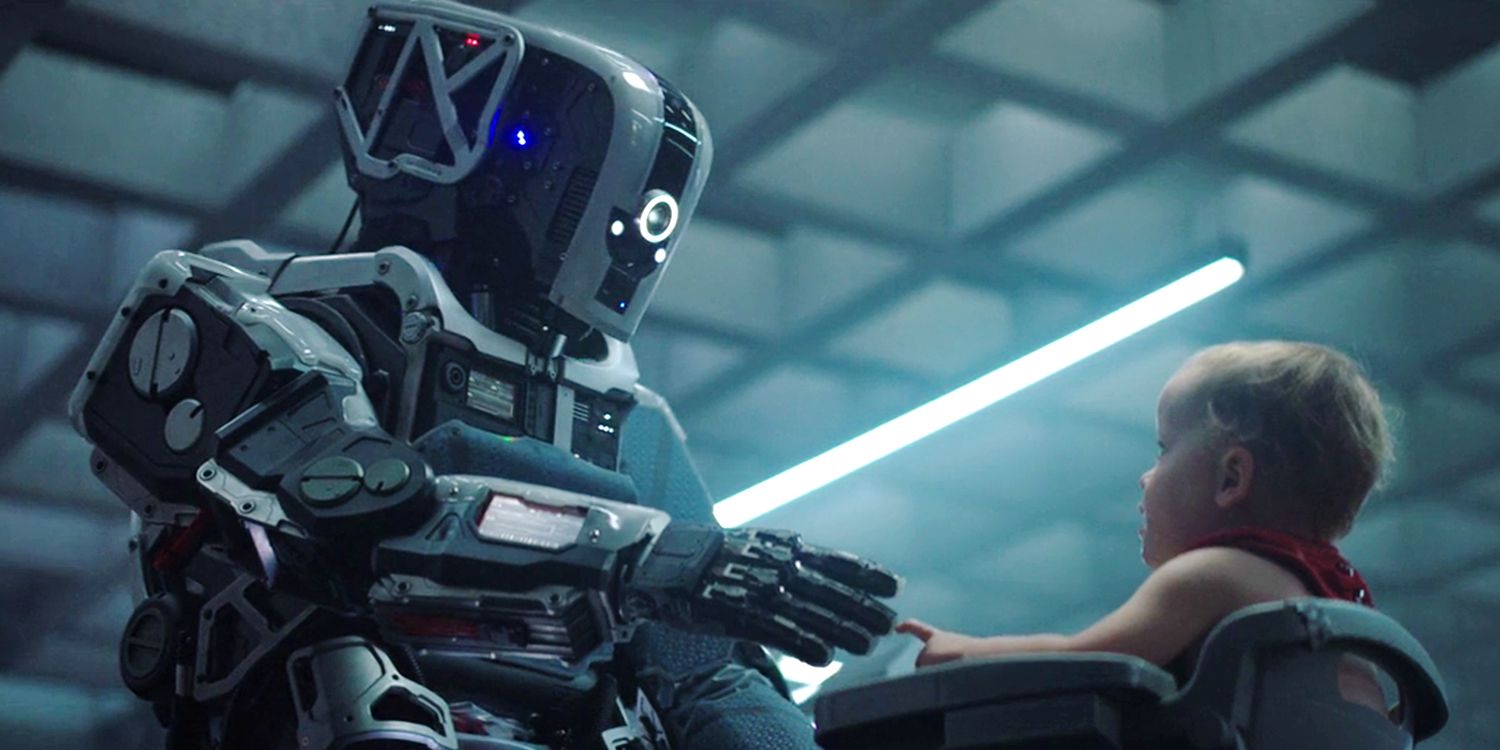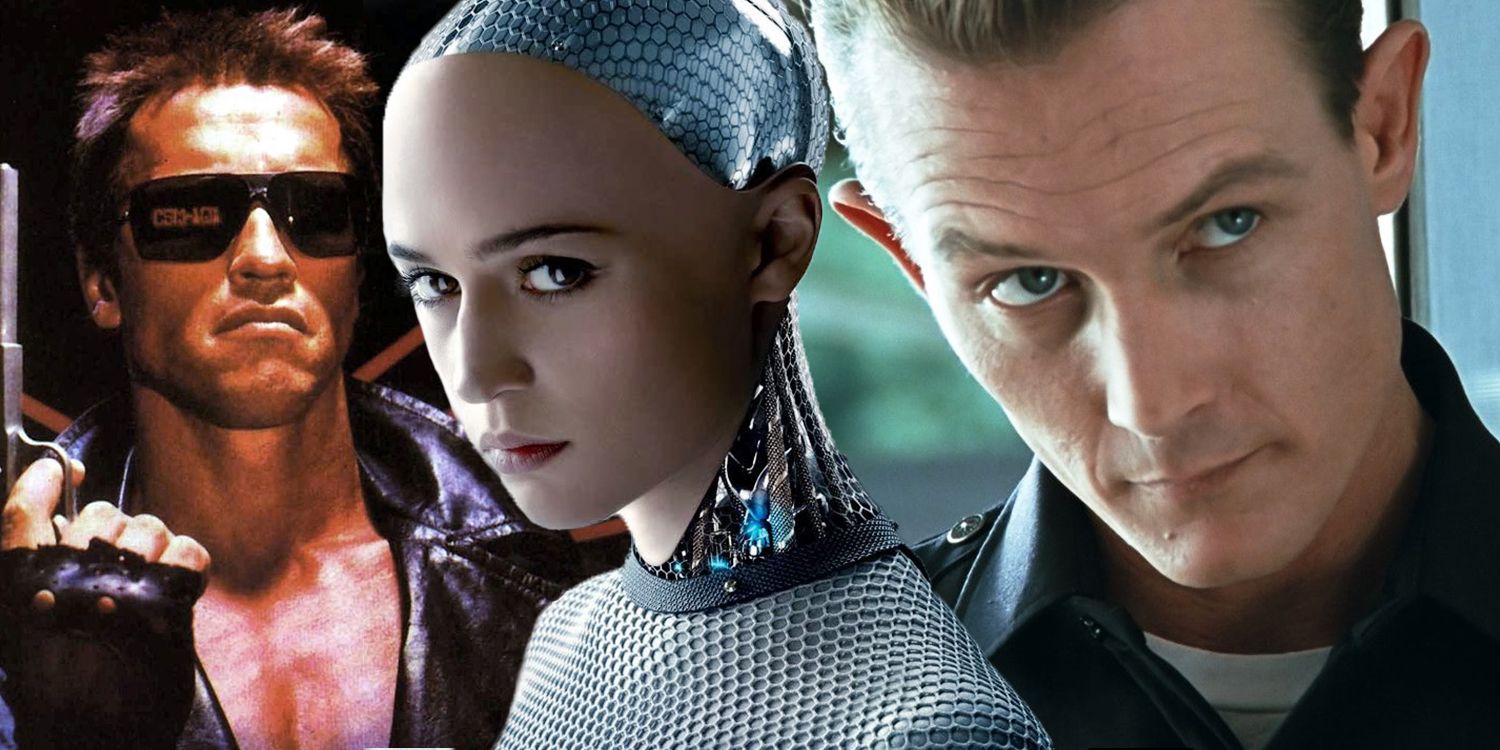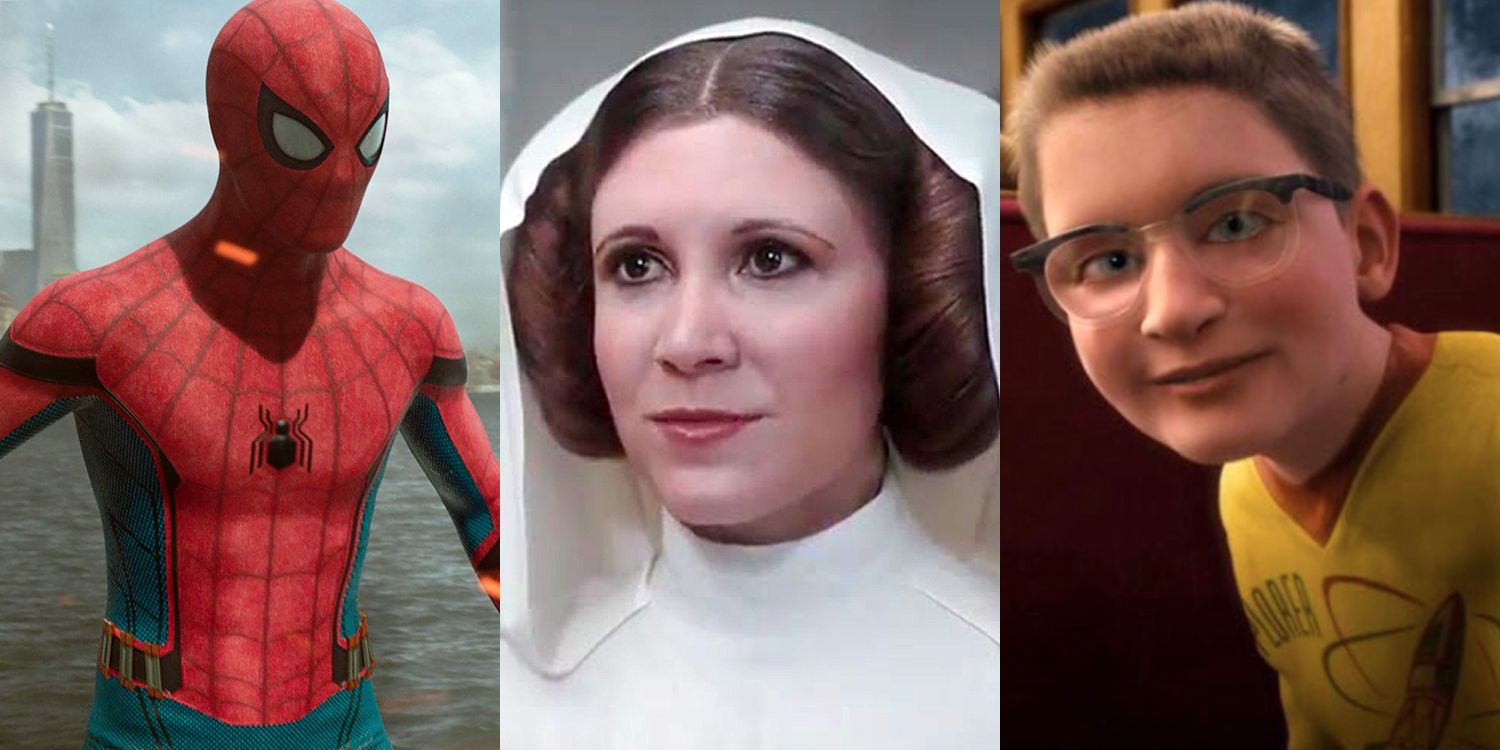As scary as the thought of artificial intelligence replacing humans might be, AI actors could fit perfectly into Sci-Fi movies. Acting is inherently rooted in human sensibility – all the emotions actors represent onscreen connect with the deepest perceptions of their audience, and a big part of the beauty in their performance is that it incites the viewer to discern the flaws and blemishes of the human being whether they’re playing a regular person, a hyper-intelligent ape, or a wide-eyed robot. Even before Thespis of Icaria formalized the art of acting in Ancient Greece a couple of thousand years ago, human beings were already used to watching each other communicate through scenic performance. What no one ever accounted for was the possibility of a non-organic thespian.
Technology has surpassed all kinds of expectations, and what used to be the subject of fiction is now a reality. Iconic movies like Blade Runner and blockbusters as recent as Alita: Battle Angel have wondered what a future with fully-developed artificial intelligence would look like, but now the discussion will shift from its presence within the plots of the films to its usage in their production. An upcoming sci-fi movie called b has cast an AI robot in the lead role, sparking a debate about the introduction of artificial intelligence into an area as human-centric as acting. The film is still in the earliest stages of development, so the rest of the details are still up in the air, but b‘s lead actress will definitely be a turning point in the history of cinema, if not human history as a whole.
The general criticism against AI actors is that they will never achieve the nuance of a human performance. The other popular argument is scarier: if robots can be so perfect as to successfully replicate human emotion, what could stop them from surpassing humans in all other fields? Only time will tell if Matrix and I, Robot were right all along, but considering the current state of artificial intelligence, the only major change humanity will face in the short term is a new era of amazing sci-fi movies starring authentic robots. Here’s why.
The Performance Will Be Perfect

Artificial intelligence handles an almost incomprehensible amount of information in the most efficient way possible, and the mechanical nature of robots gives them an incredible advantage over humans in systematical procedures. This is reflected in the pocket devices of every member of most households and in the manufacturing sectors of multiple industries, respectively. However, the impeccable meticulousness of these technological advancements comes at a price: human flaws. It may sound contradictory, but the unpredictability of humans is one of the biggest challenges AI actors need to overcome. After all, art is made through human struggle and constant mistakes. For instance, the artistry of digitally-produced music relies on making technically-perfect sounds less accurate by emulating the imperfections of human performance. Similarly, AI performers would need to emulate the unplanned mistakes, the inconsistency, and the improvised decisions of human actors to behave like them, but their active decision to do it would still tarnish their attempt to mimic the natural unpredictability of human behavior.
What makes AI actors ideal for Sci-Fi movies is their precision. Provided that they’re appropriately programmed to perform a task, there’s nothing that could limit them from achieving anything a person could do and more, which ranges from hitting their marks on time up to physical feats of endurance, strength, and flexibility that are impossible for regular actors to achieve. This means that their performance, from a technical perspective, can be nothing less than perfect. Sci-Fi often requires characters to behave in ways that depart greatly from reality, so non-human behavior would be first nature to robotic actors. Add another layer of efficiency with AI’s capacity to learn and adapt, which would find them the most appropriate way to carry out every action, and second takes will be a thing of the past.
The Films’ Meta Qualities Add a New Dimension

Ever since Fritz Lang’s Metropolis and the dawn of Sci-Fi movies, robots and AI characters have been portrayed by human actors. The mere thought of having another alternative was not only unfeasible but actually pertained more to the plots of the films rather than their production. This resulted in iconic performances such as Arnold Schwarzenegger’s multiple interpretations of the T-800 unit in the Terminator franchise. His complete lack of emotion and astounding physicality made the character a terrifying presence in the first installment and, ironically, also made his second T-800 a beloved darling that still sprouts tears in the eyes of every viewer who watches him give his last goodbye to John Connor (Edward Furlong) at the end of Terminator 2: Judgment Day. Though as uncanny as Schwarzenegger and Robert Patrick were in their portrayal of cold-blooded machines in the Terminator films, some details still give away the human nature of the actors, like flinching and reacting a bit too naturally while fighting. With robots playing robots, there’s zero chance of these little details ever happening.
This is where AI actors fit extremely well. Erica, the AI lead actress for the upcoming b, will be playing a robot. Having robots basically play themselves is a straightforward method to achieve a level of authenticity that could never be conceived with traditional approaches like actors with makeup and CGI. Many low-budget Sci-Fi movies have attained a high level of realism with inventive VFX techniques, like Ex Machina, which turned Alicia Vikander into a robot without using green screens. Although these improvements helped the film solidify the visual accuracy of the character, it didn’t stop the actress’ humanity from seeping through the metal and making the character too organic. In the case of Ex Machina, this wasn’t a problem because the protagonist’s conflict has a lot to do with her dilemma of being almost human, but if the plot of the film called for a classic robot such as Gigolo Joe (Jude Law) in Steven Spielberg’s A.I. Artificial Intelligence, “organic” is the least desirable description the audience could give to the character. AI actors, being robots in real life as well, can’t mistakenly pass for human… at least for now.
Hollywood Has Already Been Technologically Enhancing Performances

While the concept of AI actors is jarring for many, it still doesn’t sound as crazy to the general audience now as it would have to movie-goers just a couple of decades ago. The latest technological advancements have given the rise to the trend of resurrecting dead actors with CGI, a blend of software imagery with reference pictures and human performance (stand-in actors). The most famous examples of this technique are Grand Moff Tarkin (Peter Cushing) and Princess Leia (Carrie Fisher) in Rogue One: A Star Wars Story, which astounded the fans of the franchise with their return but proved that the process is still rudimentary. CGI resurrection and CGI rejuvenation suffer from the same obstacles as AI actors in that capturing the tiniest nuances of human performance is especially difficult, but they will certainly get to a point where many filmmakers will question the need for traditional actors.
Previous technological innovations have shocked the film industry in the same way. Before messing with actors’ faces was a thing, motion capture also seemed to threaten both live-action performances and traditional animation. The criticism was aimed at how the recorded movements would clash with real footage and how traditional performances could be easily replaced by perfectly-tweaked computer interpretations. Crude attempts like The Polar Express seemed to confirm those doubts, but motion capture has advanced so much that it can be almost imperceptible nowadays. Prior to that, the issue was green screens. Before green screens, it was 3D. Go back far enough and the introduction of sound into films was considered the biggest threat to an actor’s performance since “talkies” would completely overturn the way films were made. Well, they did. Many actors didn’t survive the change, but movies kept moving forward until it was normal to watch the Avengers time travel on the big screen. Times change, but sci-fi always keeps benefitting from real-life technology.
For the moment, AI actors are a novelty that’s still looming on the horizon of cinema. Human actors won’t go extinct anytime soon and, even if artificial intelligence becomes as conventional as CGI, it’s highly unlikely that audiences would want to replace the subtlety and sensibility of a human being with the precision of a robot. On the other hand, Sci-Fi movies can easily become the gateway for AI performers to gain acceptance and turn into the next big breakthrough in the history of the film industry.




